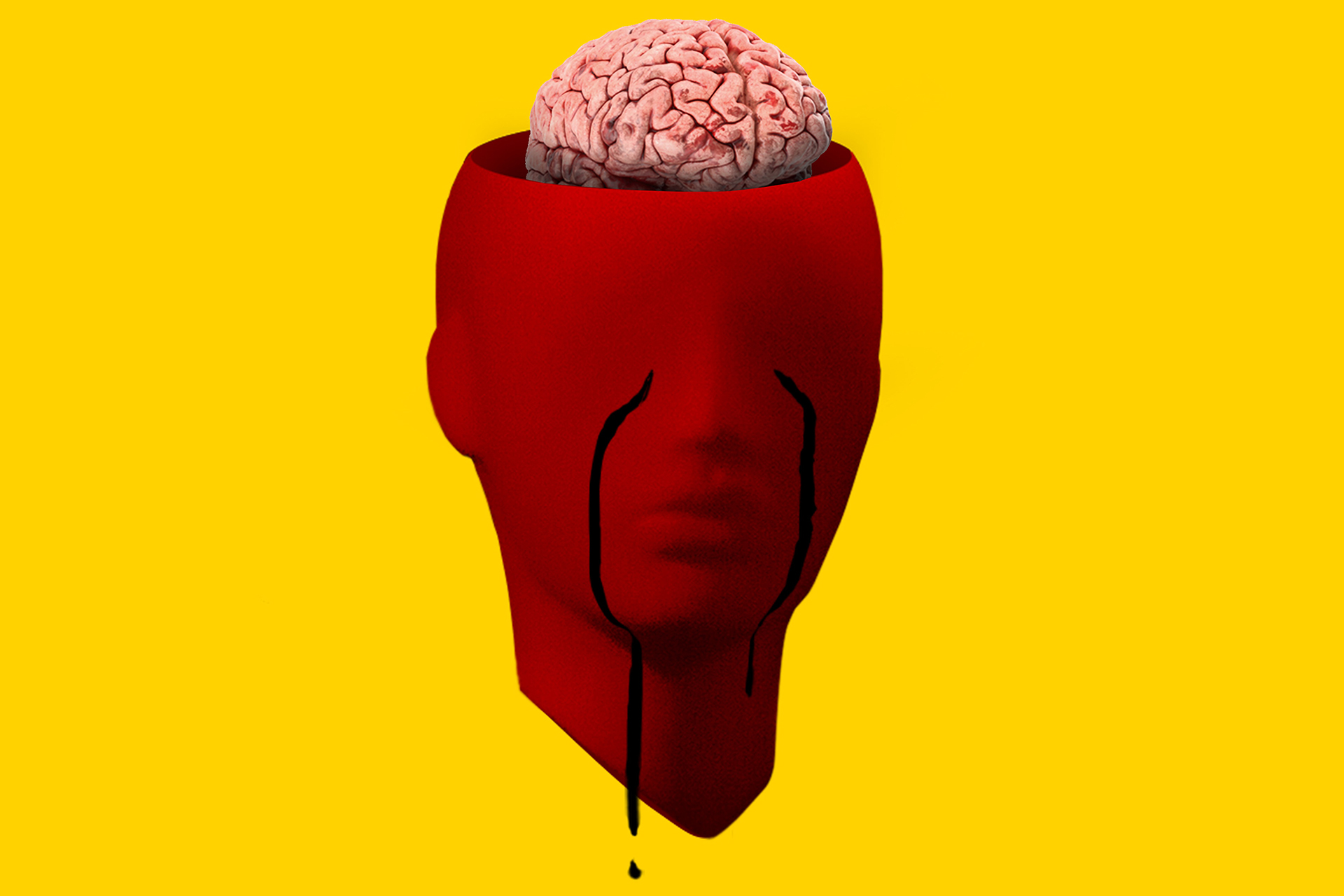This week is Dementia Action Week in the UK. It’s an awareness raising campaign promoted by the Alzheimer’s Society and the theme for this year is diagnosis.
Contrary to what many people think, dementia is not a natural part of ageing. It is not defined as a disease in its own right. Dementia is an umbrella term for a range of progressive conditions which affect the brain. Dementia stops a person’s brain cells from working as they should, and this can affect their ability to think and speak, their ability to solve problems, the perception of the world round them and can affect their memory. In order to be diagnosed with dementia, these effects must be bad enough to interfere with a person’s activities of daily living. Dementia can affect people at any age but is more common when people are older than 65 years. The Dementia UK website states that there are over 200 types of dementia, but there are 5 types which are most common: Alzheimer’s disease; vascular dementia; Lewy body dementia; frontotemporal dementia; and mixed dementia. More information on distinguishing between the different types can be found on the Dementia UK website.
1 in every 14 people aged over 65 in the UK lives with dementia, and this has a huge impact on individuals and society as a whole. The diagnosis can be devastating for the individual and life can be increasingly challenging for them and their families as the disease progresses. The NHS website states that ‘There’s no certain way to prevent all types of dementia, as researchers are still investigating how the condition develops.’ However, it goes on to discuss risk factors that a person can address to lessen the likelihood of developing dementia. It highlights 4 in particular:
- hearing loss
- untreated depression
- loneliness or social isolation
- sitting for most of the day
I have covered the last 2 of these are topics in blog articles in recent weeks. Last week, loneliness was the focus of Mental Health Awareness week. ‘On Your Feet Britain’ Day on 29 April emphasised the importance of moving and the risks associated with sitting down for prolonged periods.
In regard to hearing loss, it is a lot easier to access a hearing test nowadays. There are specific firms available on the high street and you can have a hearing test in Boots and Specsavers. If you have a level of hearing loss, there is a range of hearing aids available at various cost levels. You can also consult your GP if you are having difficult hearing and be referred via the NHS services, however, like all NHS services, they are under great pressure post-pandemic and you could have quite a wait to be seen. If you want to learn more about the causal link between hearing loss and dementia, follow the link to the RNID article below.
It would appear that these 4 risk factors are linked in that they all have an isolating effect on individuals and impair their ability to communicate with others. It is possible that the consequent reduction in social interaction leads to an atrophying effect on the neurological structures in the brain responsible for this activity. To coin the well-used phrase, ‘If you don’t use it, you lose it!’
Outside these 4 factors, the experts advocate generally adopting a healthy lifestyle as follows:
- eating a healthy, balanced diet
- maintaining a healthy weight
- exercising regularly
- keeping alcohol within recommended limits
- stopping smoking
- keeping your blood pressure at a healthy level
‘Understanding Dementia’ on ageuk.org.uk
‘The Four Faces of Dementia’ on ageuk.org.uk
‘The Seven Stages of Dementia’ on dementia.org
‘Can dementia be prevented?’ on nhs.uk
‘Hearing loss and dementia: how are they linked?’ on rnid.org.uk
‘What is Dementia?’ by the Alzheimer’s Society on YouTube
‘What is Dementia?’ by FutureLearn on YouTube
‘Living With Dementia’ by Social Care Institute for Excellence on YouTube. TRIGGER WARNING: you may find this video clip emotionally upsetting
‘What is Sundowning?’ by BAVADA Home Health Care on YouTube
‘Watch this man take an Alzheimer’s Test. Would you pass?’ by David Hoffman on YouTube

